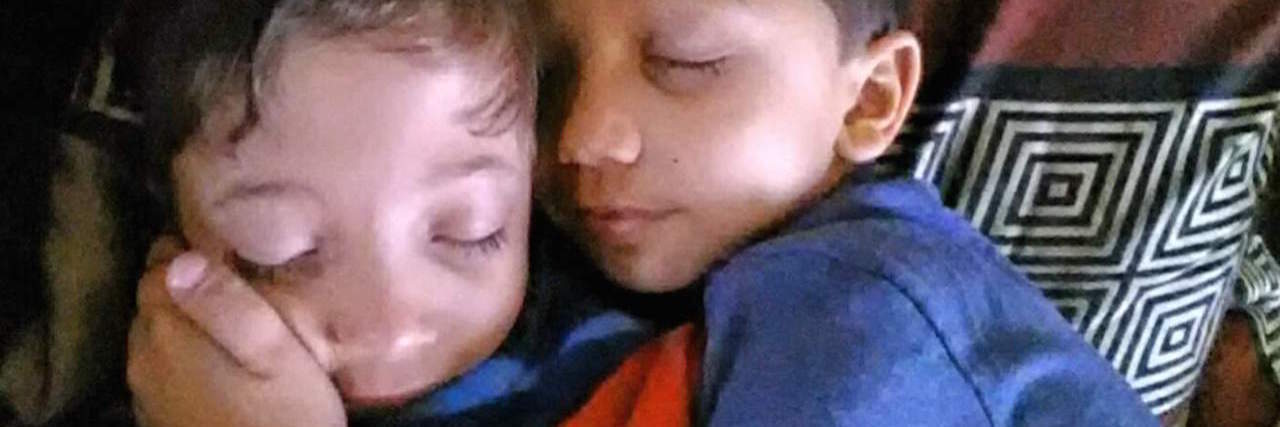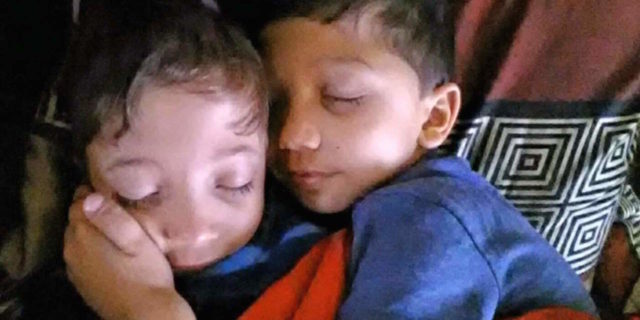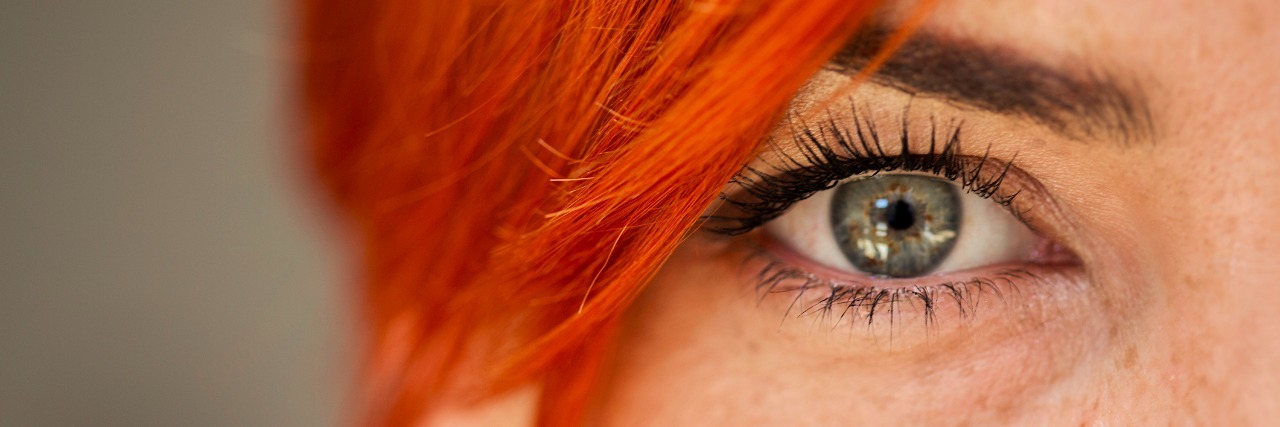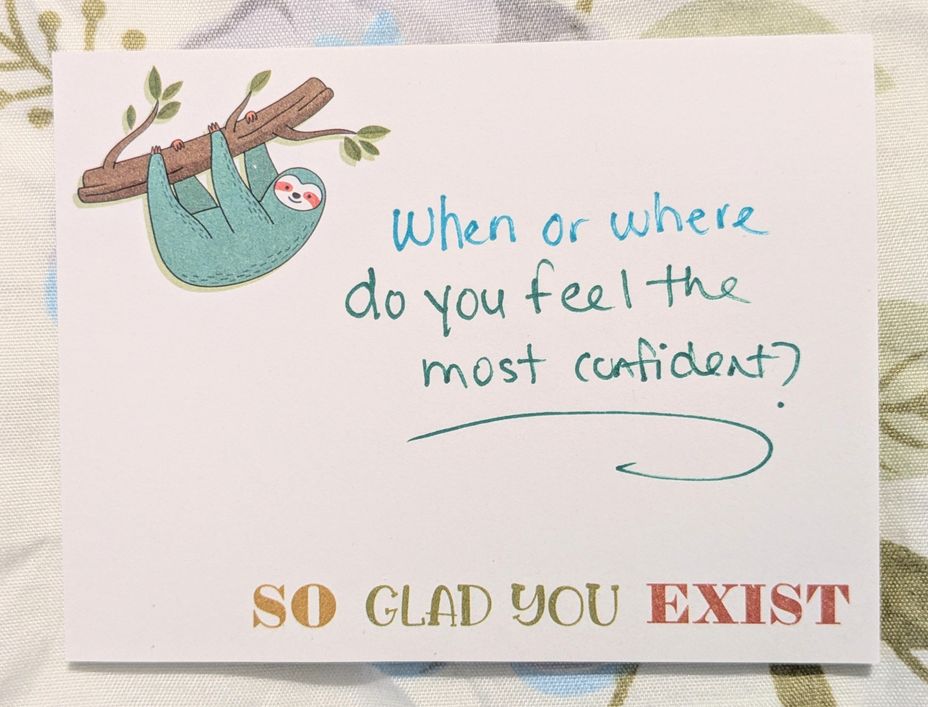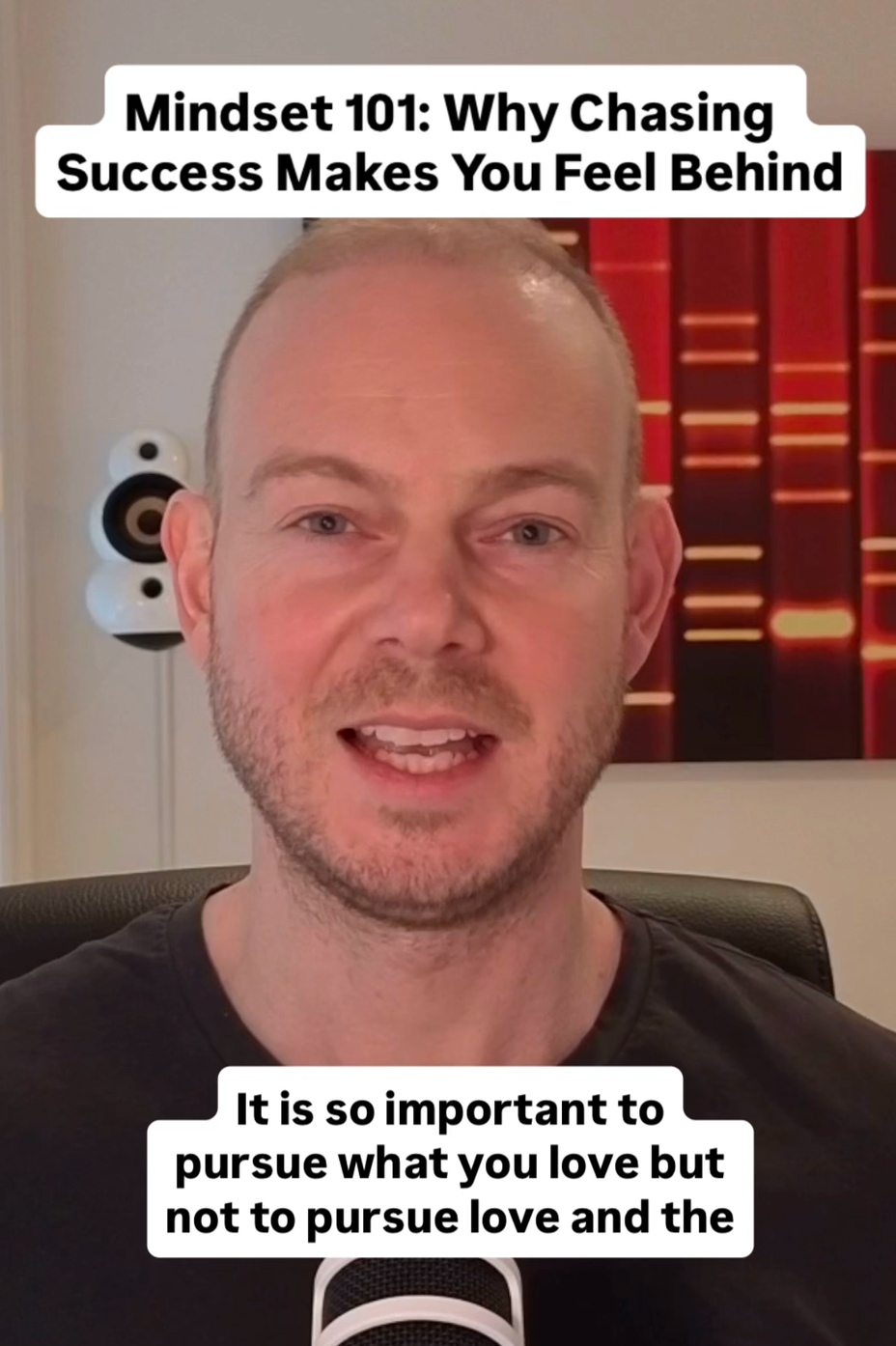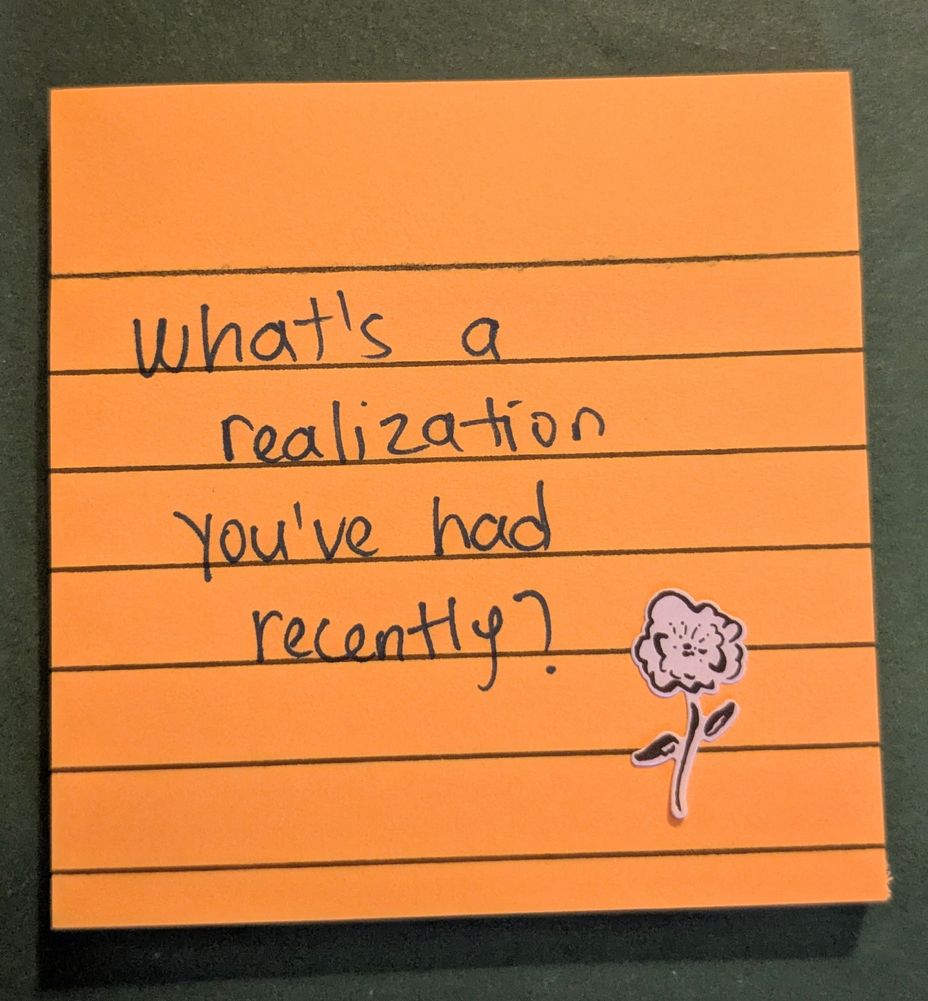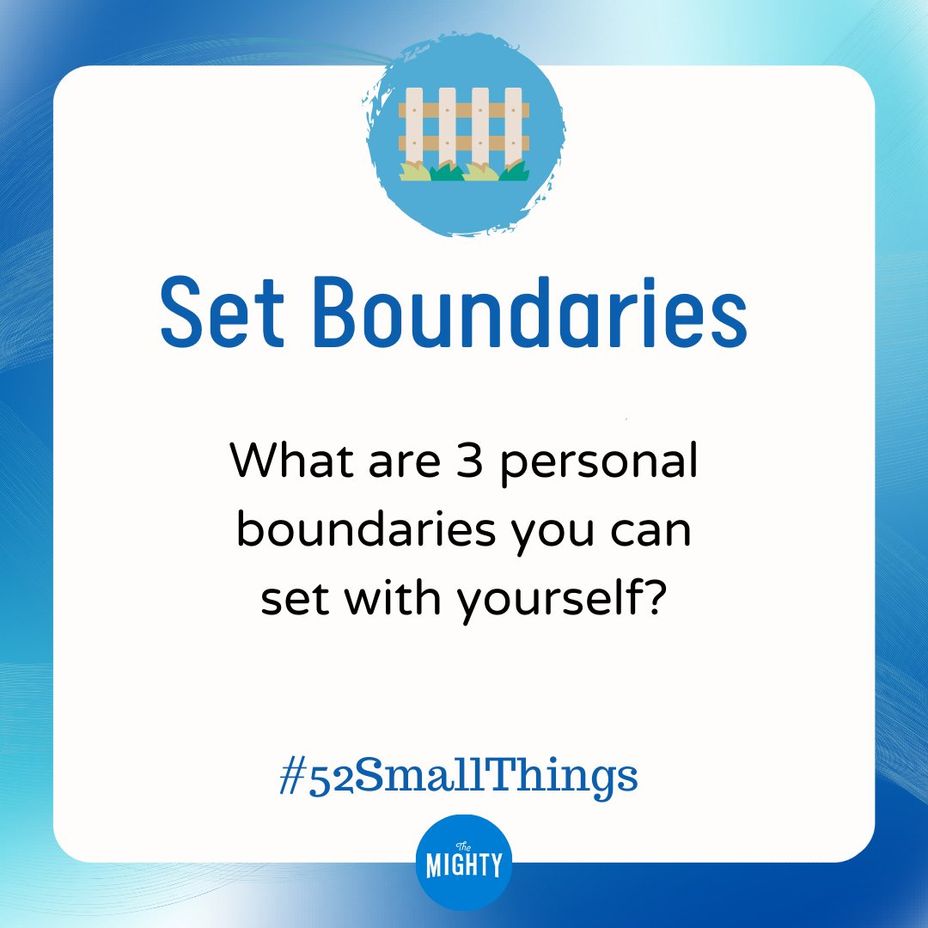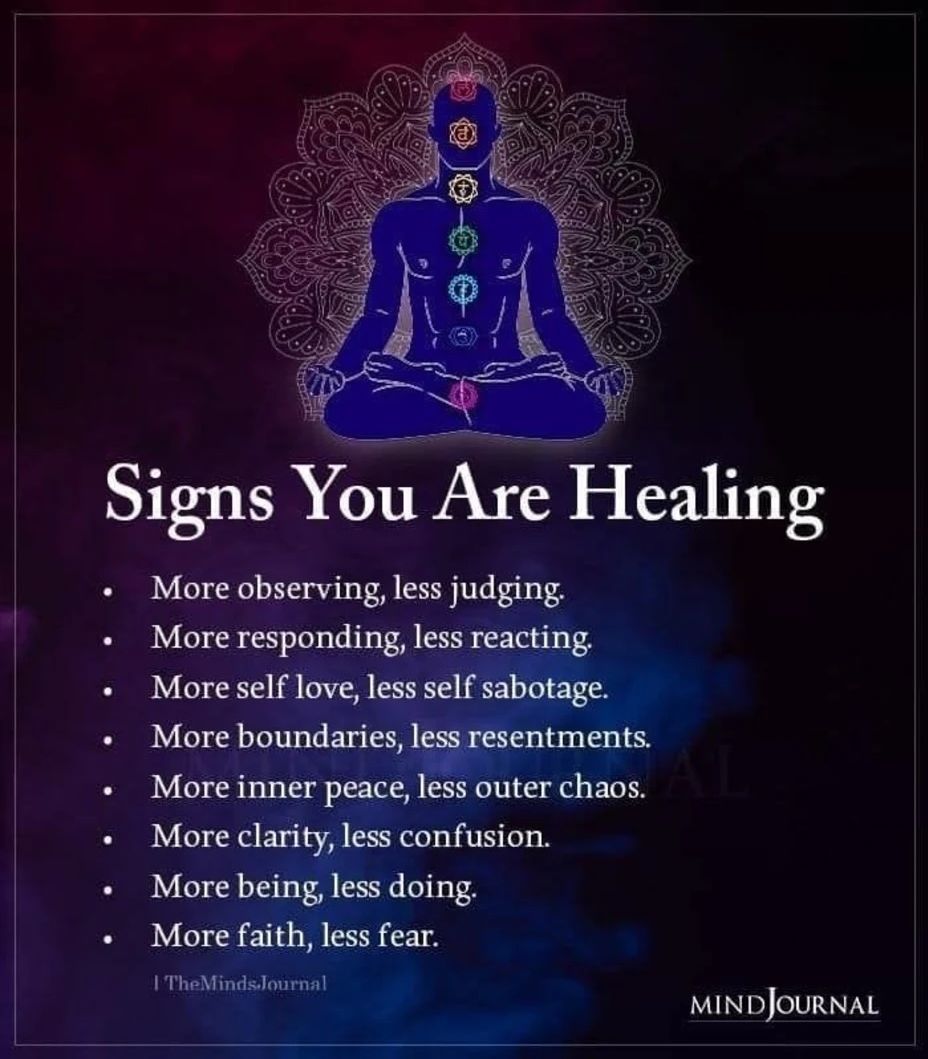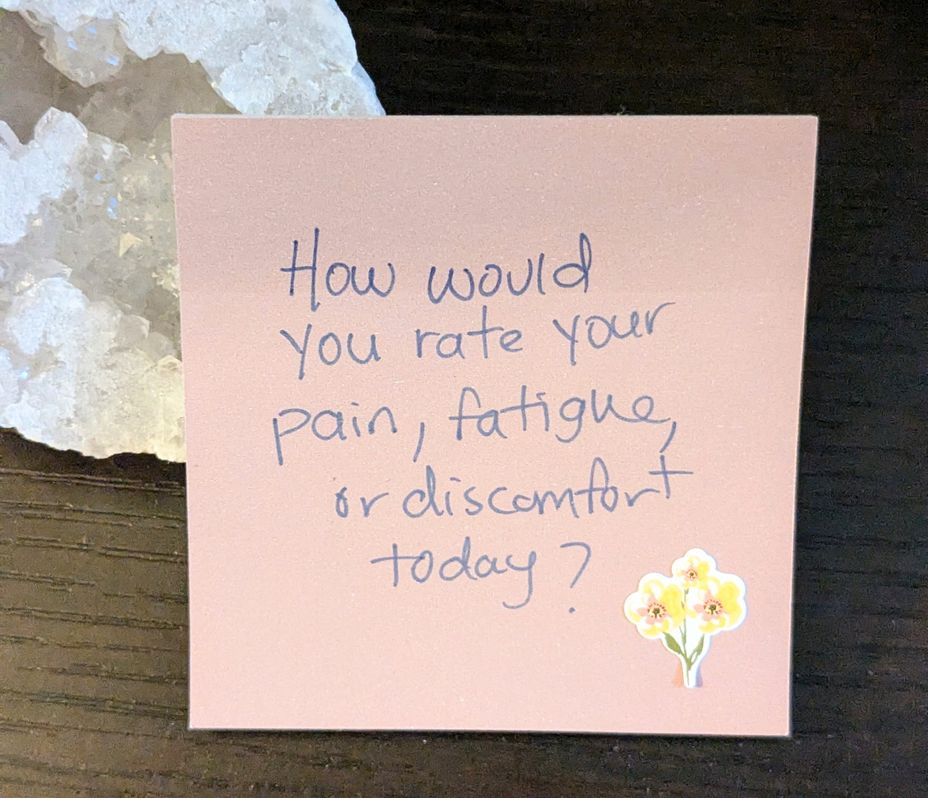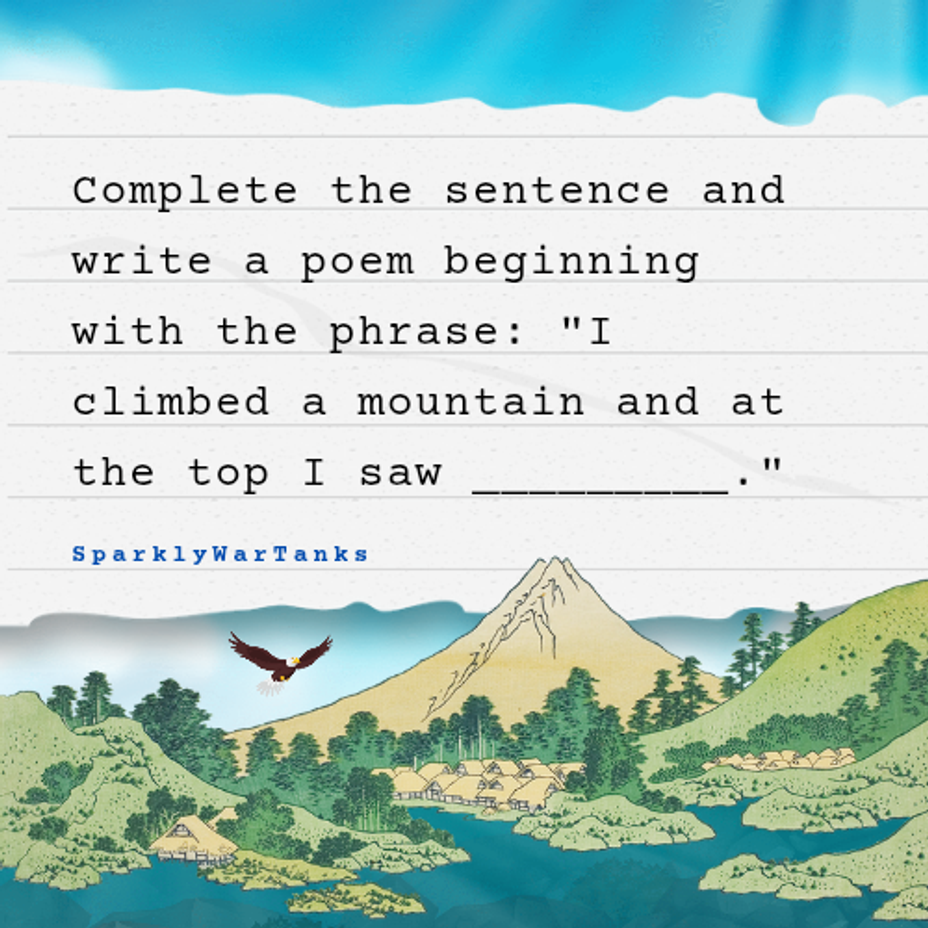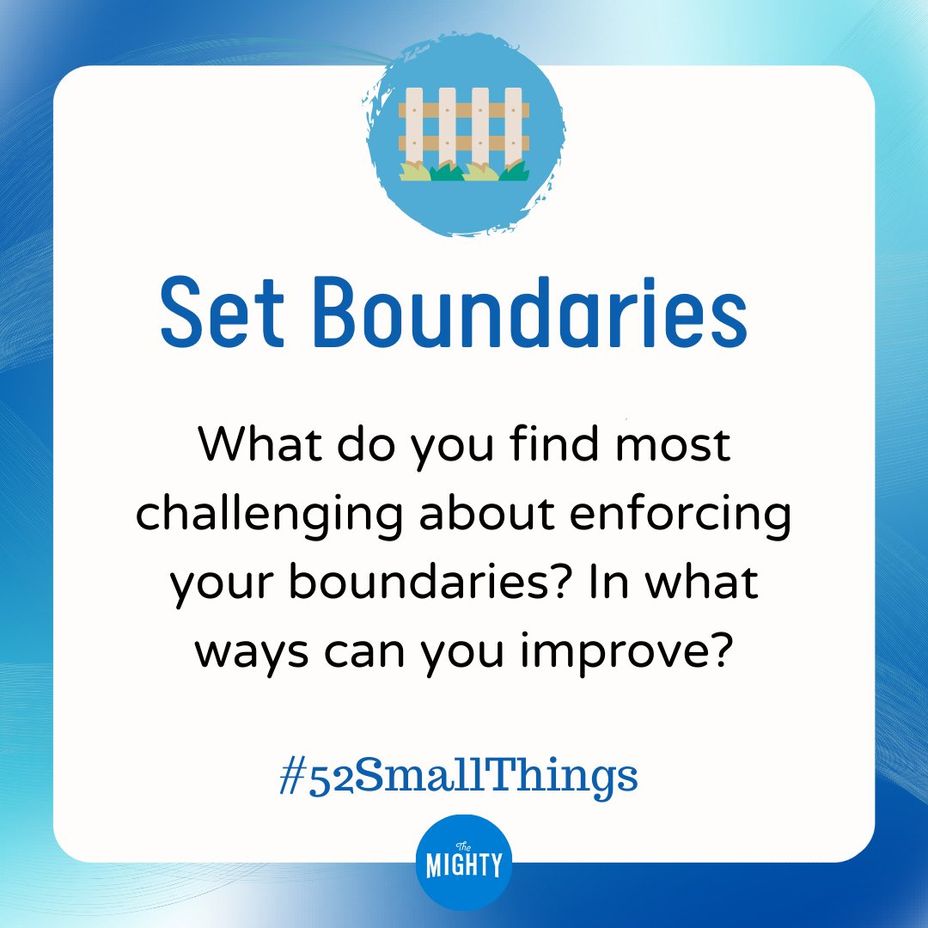When or where do you feel the most confident?
Happy Friday, Mighties! 😊
Exploring, owning, and expressing confidence can be a lifelong practice. It often takes self-awareness and compassion, especially as we learn how to see and understand ourselves more clearly. There may be moments when our confidence wanes, feels dependent on external factors, or grows stronger depending on where we are or what we’re doing. In those moments of clarity, our confidence can feel grounded and energizing, motivating us to better understand and trust ourselves.
💌 Gentle reminder: If confidence feels like a challenging topic for you, that’s OK — we get it. Our health, for example, can absolutely impact our confidence levels. Please know that you deserve those moments when your confidence peeks out or even thrives. We’re here with you wherever you are on that journey. We’re cheering you on and holding space for you.
#MightyMinute #CheckInWithMe #ChronicPain #ChronicIllness #Disability #RareDisease #MentalHealth #Anxiety #Autism #Parenting #PTSD #ADHD #BorderlinePersonalityDisorder #BipolarDisorder #ObsessiveCompulsiveDisorder #EatingDisorders #Depression #Fibromyalgia #Lupus #MultipleSclerosis #Migraine #Spoonie
